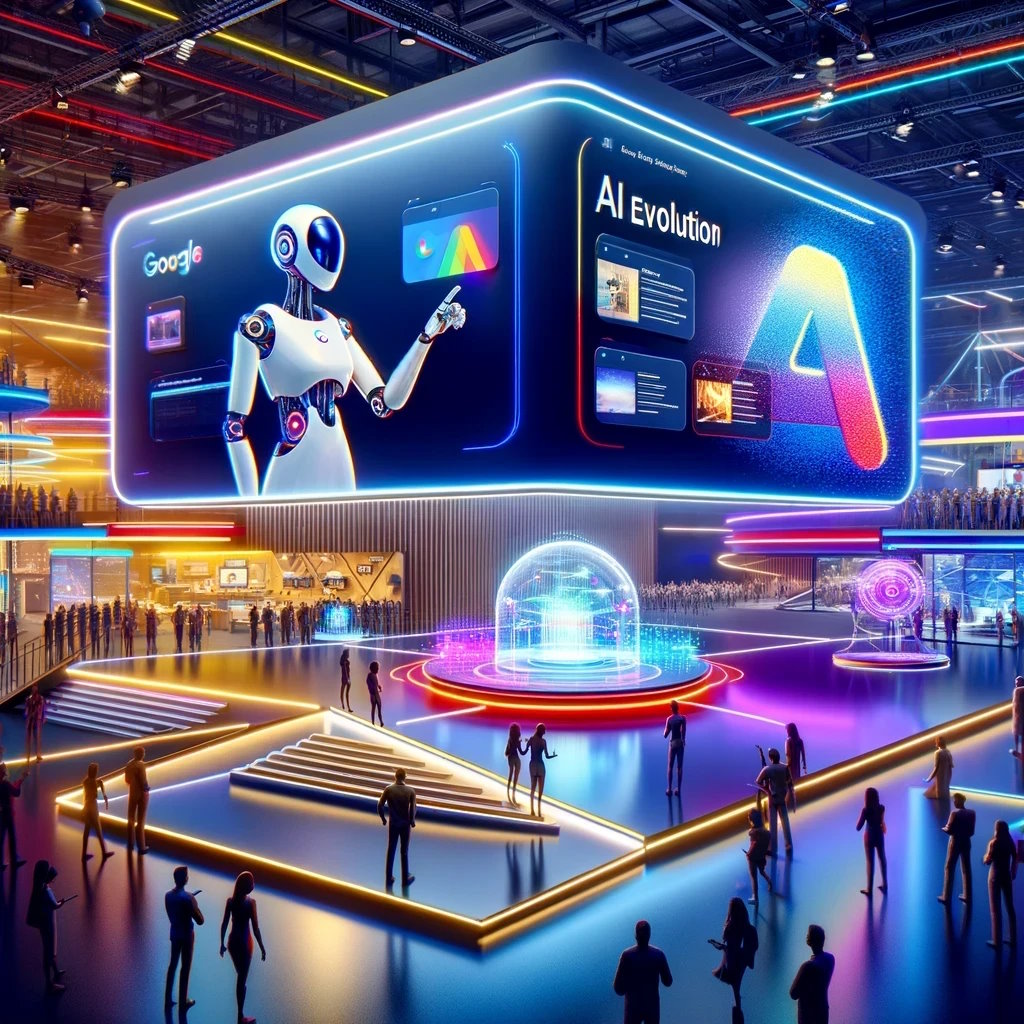During a buzz-filled Google I/O 2024, the tech giant took a significant leap in AI innovation, introducing Astra and Veo alongside upgrades to its existing AI arsenal. These advancements highlight Google’s aggressive push to integrate more sophisticated AI functionalities across its suite of products and services.
Introduction to Astra and Veo:
Astra and Veo mark Google’s latest foray into enhancing real-time, multimodal interactions and video content generation, respectively. Project Astra aims to enrich Google’s AI capabilities, allowing for in-depth voice interactions through Gemini Live. This feature facilitates real-time adjustments to user speech patterns and can interact with users’ environments via smartphone cameras. Veo, designed to compete with OpenAI’s Sora, focuses on generating high-definition video clips from text prompts, understanding various cinematic techniques, and applying visual effects accurately.
Advantages of Google’s AI Updates:
Enhanced Real-Time Interaction: Astra, particularly through Gemini Live, enables users to engage in more dynamic and responsive dialogues with AI, adapting to conversational cues and visual inputs, thereby making digital interactions more natural and intuitive.
Advanced Content Creation: Veo stands out in its ability to produce rich video content from simple text descriptions, supporting a range of editing capabilities and styles. This advancement not only caters to creative professionals but also broadens the scope for content creation using AI.
Integration Across Platforms: Both Astra and Veo are set to integrate seamlessly with Google’s broader ecosystem, enhancing tools such as Google Photos and Gmail with AI-driven features like Ask Photos and smart email management, which leverage the Gemini model to understand and organize content effectively.


Drawbacks of Google’s AI Updates:
Complexity and Accessibility Challenges: The sophisticated nature of Astra and Veo might pose integration challenges, particularly for users and developers not well-versed in advanced AI technologies. This could steepen the learning curve and limit accessibility to a broader user base.
Potential Privacy Concerns: With features like Gemini Live, which interacts with real-world environments, there are heightened concerns about privacy, as these capabilities involve continuous data collection and processing, raising potential surveillance issues.
Impact on Web Traffic and Creators: Veo’s ability to generate detailed video content and the use of generative AI in Google Search to organize search results pages could disrupt traditional web traffic patterns. This has sparked concerns among content creators who rely on SEO to drive site visits and revenue, as AI-enhanced results may prioritize AI-generated summaries and reduce direct visits to content websites.
Google’s rollout of Astra and Veo at I/O 2024 underscores a pivotal shift towards more immersive and interactive AI capabilities. As these technologies develop, they promise to transform how users interact with digital content and manage daily tasks through AI. However, Google must navigate the fine balance between innovation and user privacy, ensuring that advancements in AI continue to serve and protect its global user base. For Google, the journey towards an AI-driven future is paved with opportunities to redefine technological interaction, ensuring that its AI evolution is as omni-beneficial as it is omni-capable.



